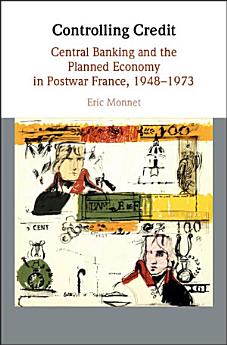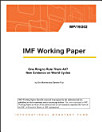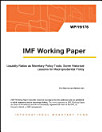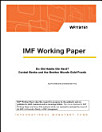Controlling Credit: Central Banking and the Planned Economy in Postwar France, 1948–1973
Nov 2018 · Cambridge University Press
Ebook
353
Pages
reportRatings and reviews aren’t verified Learn More
About this ebook
It is common wisdom that central banks in the postwar (1945–1970s) period were passive bureaucracies constrained by fixed-exchange rates and inflationist fiscal policies. This view is mostly retrospective and informed by US and UK experiences. This book tells a different story. Eric Monnet shows that the Banque de France was at the heart of the postwar financial system and economic planning, and that it contributed to economic growth by both stabilizing inflation and fostering direct lending to priority economic activities. Credit was institutionalized as a social and economic objective. Monetary policy and credit controls were conflated. He then broadens his analysis to other European countries and sheds light on the evolution of central banks and credit policy before the Monetary Union. This new understanding has important ramifications for today, since many emerging markets have central bank policies that are similar to Western Europe's in the decades of high growth.
About the author
Eric Monnet is a senior economist at the Bank of France, a Professor in Economic History at the Paris School of Economics, and a research affiliate at the Centre for Economic Policy Research (CEPR).
Rate this ebook
Tell us what you think.
Reading information
Smartphones and tablets
Install the Google Play Books app for Android and iPad/iPhone. It syncs automatically with your account and allows you to read online or offline wherever you are.
Laptops and computers
You can listen to audiobooks purchased on Google Play using your computer's web browser.
eReaders and other devices
To read on e-ink devices like Kobo eReaders, you'll need to download a file and transfer it to your device. Follow the detailed Help Center instructions to transfer the files to supported eReaders.






